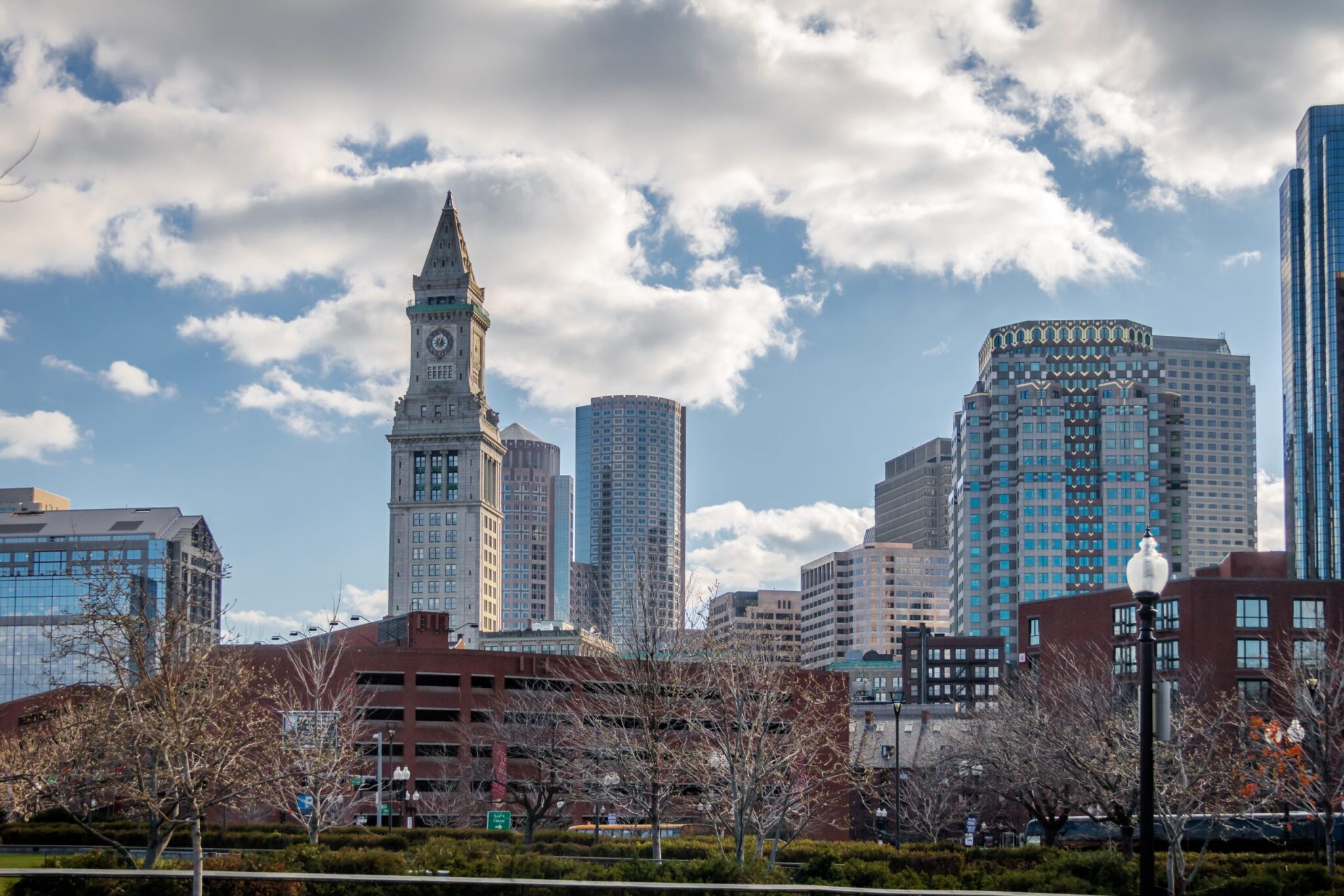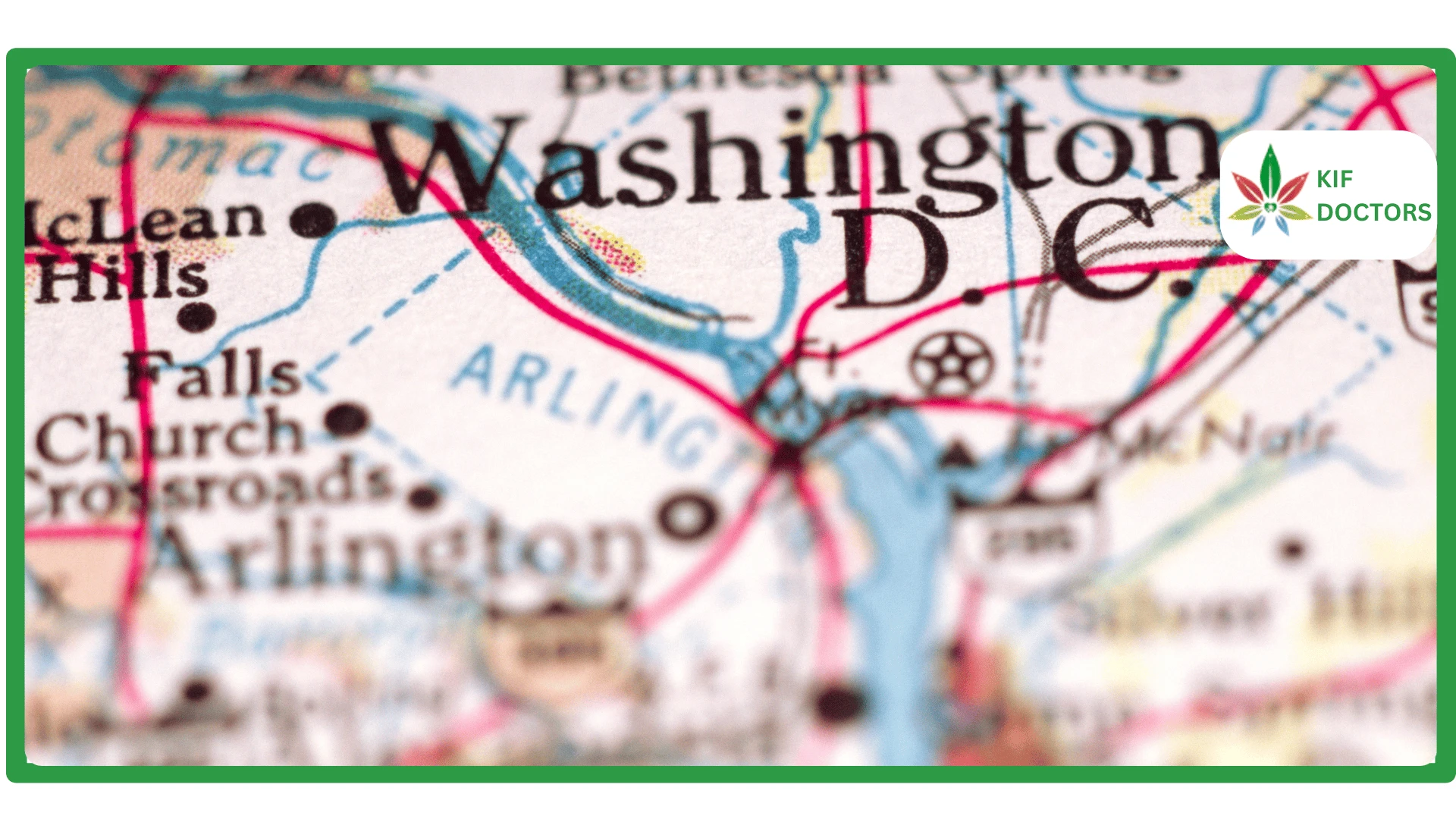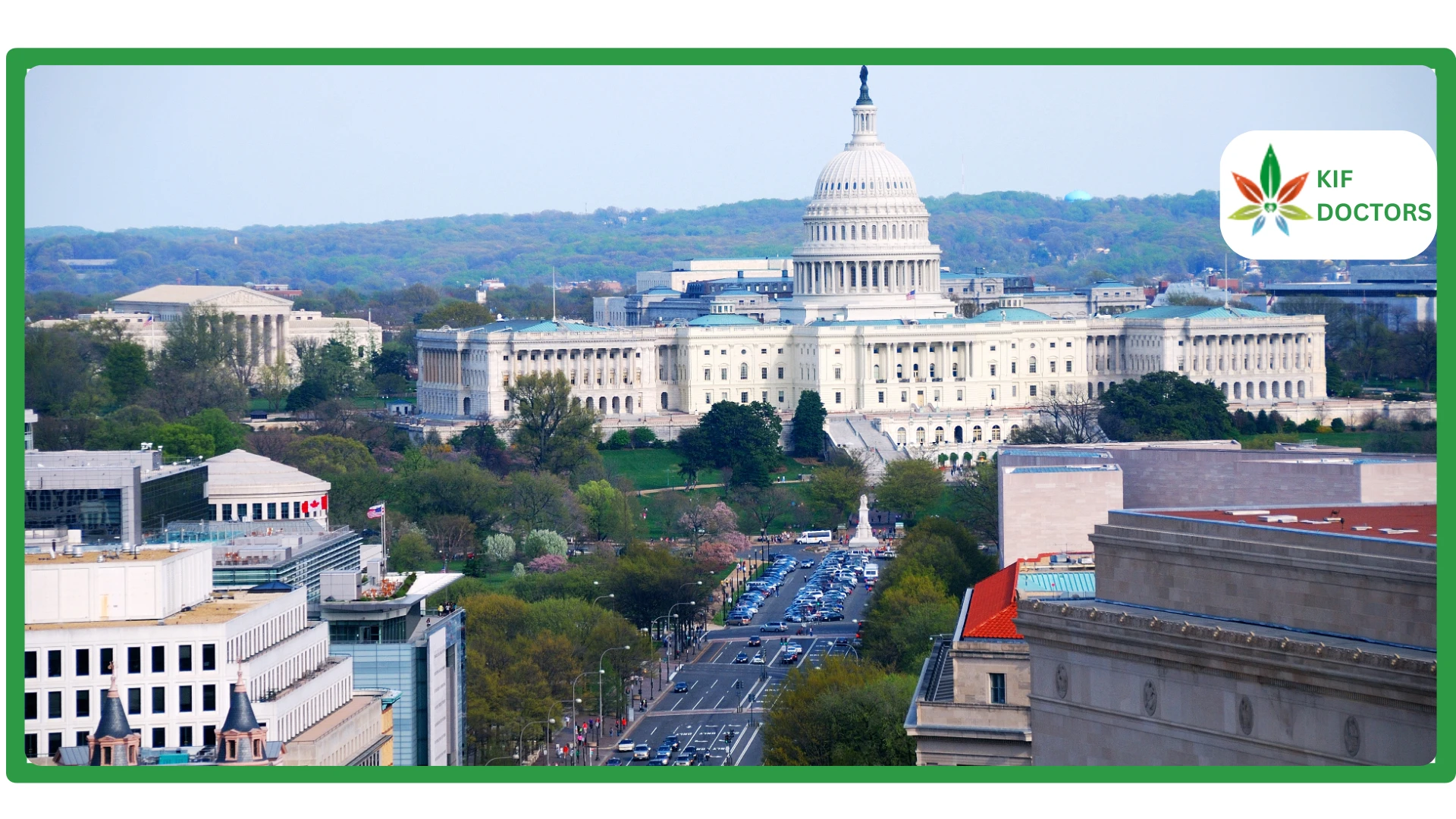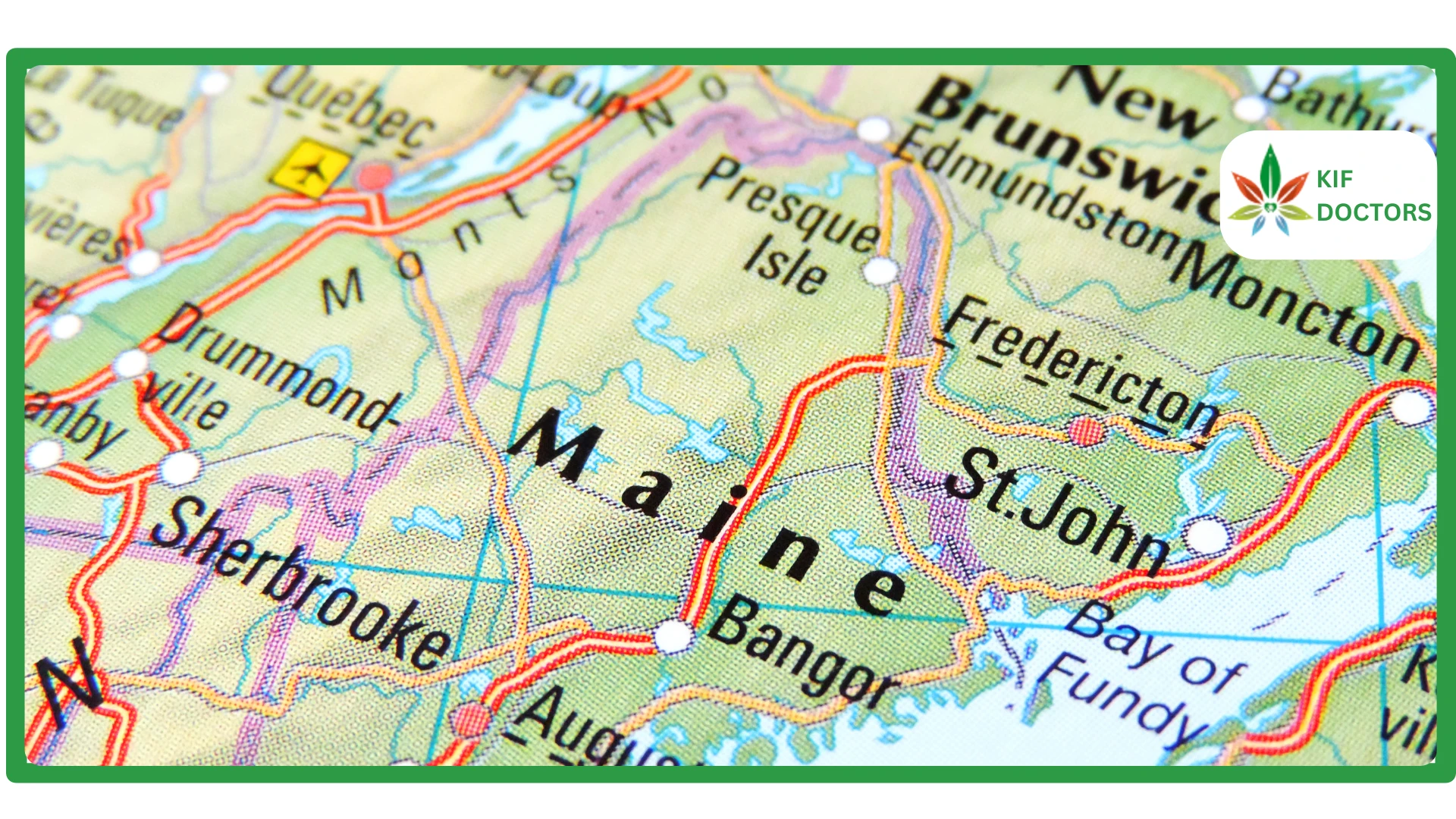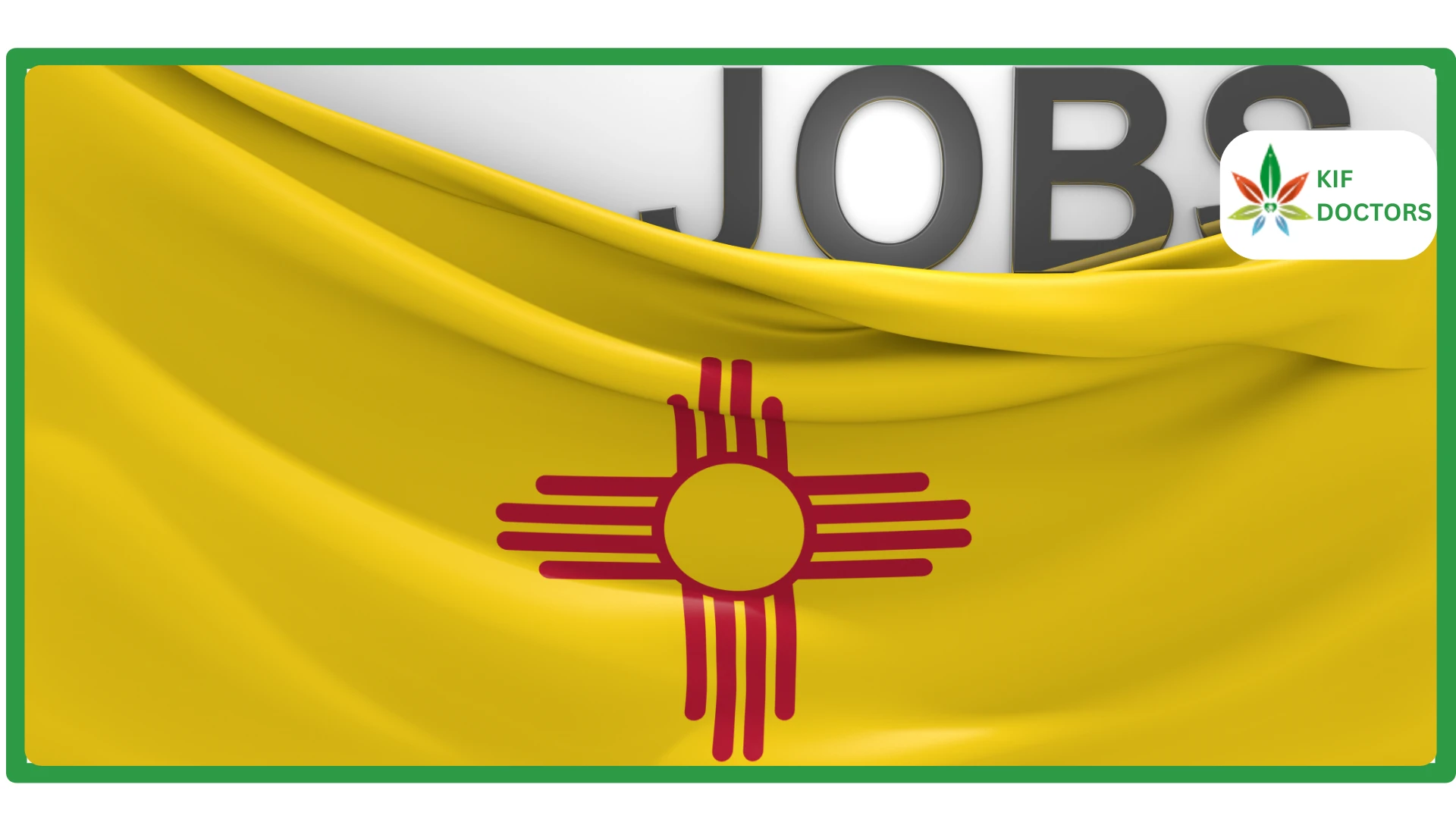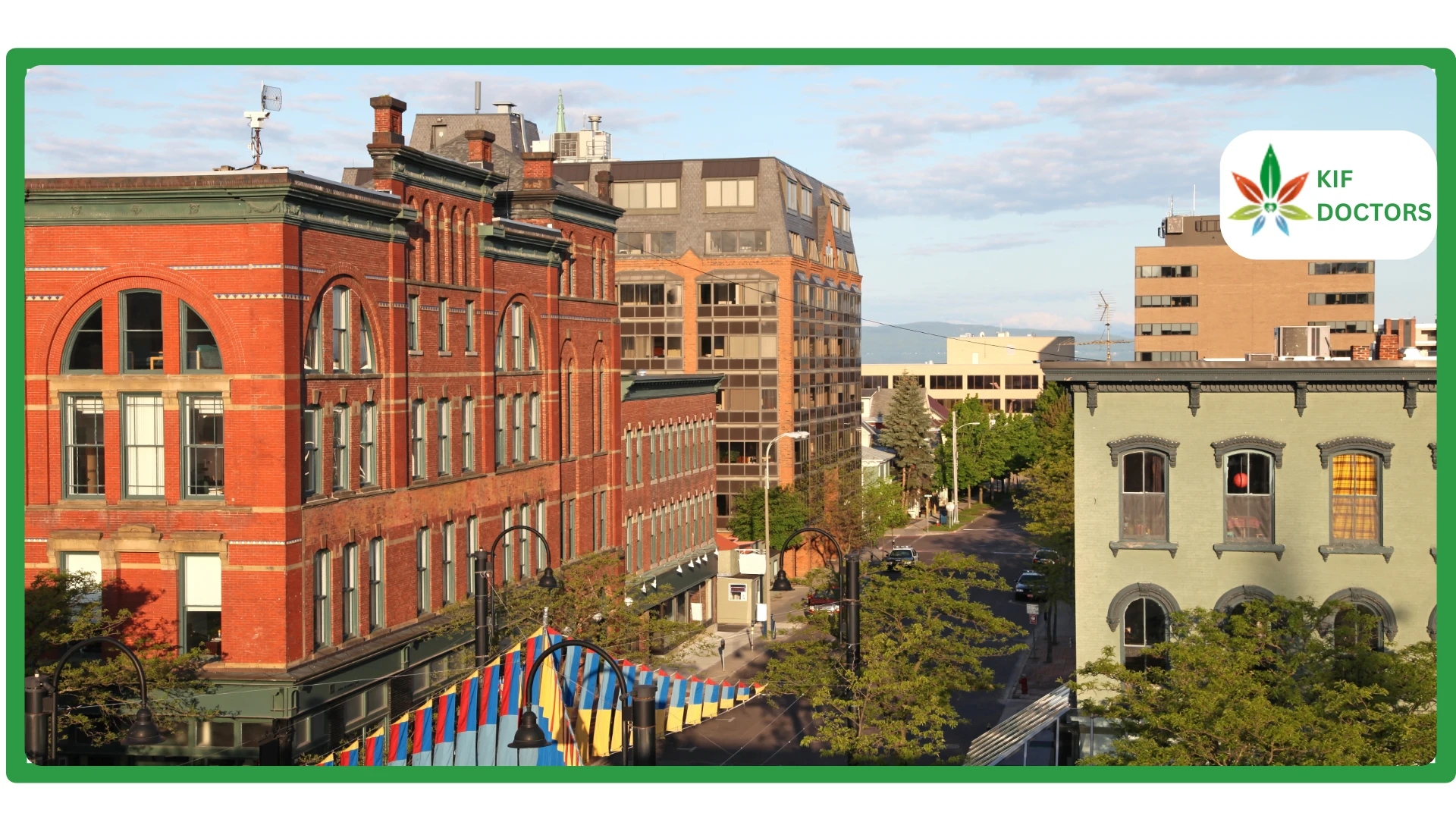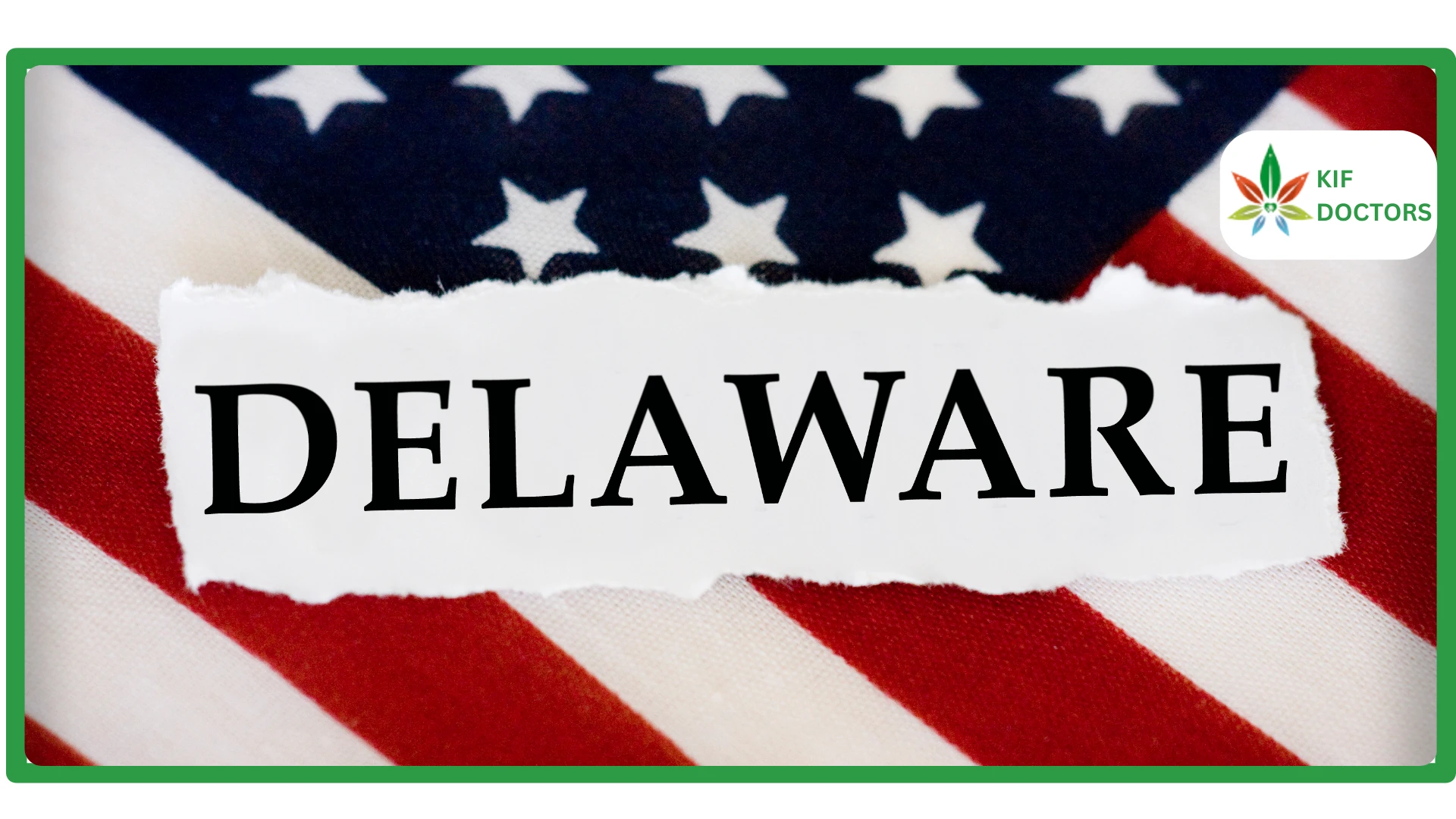Medical marijuana has become a vital option for many Boston residents seeking relief from chronic conditions, pain, or mental health challenges. Massachusetts was one of the first states to legalize medical cannabis, and Boston’s robust program offers patients access to high-quality products and knowledgeable providers. If you’re considering a medical marijuana card, this guide walks you through the process, eligibility, costs, and practical tips for navigating the system. Whether you’re new to cannabis or exploring it for the first time, understanding the steps can make your journey smoother and more empowering.
Understanding Medical Marijuana in Massachusetts
Massachusetts legalized medical marijuana in 2012 through a voter-approved ballot initiative, Question 3. The state’s Medical Use of Marijuana Program, overseen by the Cannabis Control Commission (CCC), allows patients with qualifying conditions to access cannabis for therapeutic purposes. Boston, as a hub of healthcare and innovation, has a well-established network of dispensaries, physicians, and resources to support patients.
The program emphasizes patient safety and access. Registered patients can purchase cannabis from licensed dispensaries, which offer a range of products like flower, edibles, tinctures, and topicals. Unlike recreational marijuana, medical cannabis often comes with lower taxes, higher potency limits, and priority access at dispensaries, making a medical card a valuable tool for regular users.
Who Qualifies for a Medical Marijuana Card in Boston?
To obtain a medical marijuana card in Massachusetts, you must meet specific eligibility criteria set by the state. The process is designed to ensure that cannabis is recommended responsibly, with a focus on medical need. Here’s what you need to know about qualifying:
- Residency: You must be a Massachusetts resident with proof of residency, such as a driver’s license, utility bill, or lease agreement.
- Age: Patients must be at least 18 years old. Minors can qualify with a caregiver and parental consent, but this guide focuses on adult patients.
- Qualifying Conditions: The state has a list of approved conditions, but physicians have flexibility to recommend cannabis for other debilitating conditions. Common qualifying conditions include:
- Cancer
- Glaucoma
- HIV/AIDS
- Chronic pain
- Multiple sclerosis
- Parkinson’s disease
- Post-traumatic stress disorder (PTSD)
- Crohn’s disease
- Amyotrophic lateral sclerosis (ALS)
- Physician Certification: A licensed healthcare provider, such as a physician, nurse practitioner, or physician assistant, must certify that you have a qualifying condition and that cannabis could benefit your treatment.
If your condition isn’t on the list, don’t worry. Massachusetts allows doctors to recommend cannabis for any condition they deem debilitating, provided they believe it could help. This flexibility has made the program accessible to patients with diverse needs, from chronic migraines to anxiety disorders.
Step-by-Step Guide to Getting a Medical Marijuana Card
Obtaining a medical marijuana card in Boston is straightforward, but it requires careful attention to detail. Follow these steps to ensure a smooth process:
Step 1: Consult a Certified Healthcare Provider
The first step is to meet with a healthcare provider registered with the Massachusetts Medical Use of Marijuana Program. This could be your primary care doctor, a specialist, or a provider at a cannabis-focused clinic. During the consultation, the provider will evaluate your medical history and symptoms to determine if cannabis is appropriate.
Some patients prefer specialized services for convenience. For example, Kif Doctors offers a streamlined process to Get Medical Marijuana Card Online Instantly. I always recommend going for a Medical Marijuana Card because it unlocks benefits like tax savings and access to medical-grade products. Be sure to ask your provider about dosage, product types, and potential side effects to make informed decisions.
Step 2: Obtain a Physician Certification
If the provider determines you qualify, they’ll issue a certification through the state’s online system. This document confirms your medical need for cannabis and is required to apply for a card. Certifications are typically valid for one year, after which you’ll need a renewal consultation.
Step 3: Register with the Cannabis Control Commission
Once you have your certification, you’ll need to register with the CCC’s Medical Use of Marijuana Program. Here’s how:
- Visit the CCC’s patient portal.
- Create an account using your email and a secure password.
- Submit your physician certification and proof of Massachusetts residency.
- Pay the $50 registration fee (waived for patients with financial hardship).
- Upload a recent passport-style photo for your card.
The CCC reviews applications within a few weeks. If approved, you’ll receive a temporary digital card via email, followed by a physical card in the mail.
Step 4: Visit a Licensed Dispensary
With your card in hand, you can shop at any licensed medical marijuana dispensary in Massachusetts. Boston has several reputable options, such as NETA Brookline, Pure Oasis, and Mayflower Medicinals. Present your card and a government-issued ID at the dispensary to purchase products. Budtenders can guide you on strains, dosages, and consumption methods based on your needs.
Costs of Getting and Maintaining a Medical Marijuana Card
Budgeting for a medical marijuana card involves several costs, but the benefits often outweigh the expenses for regular users. Here’s a breakdown:
- Consultation Fee: Physician consultations typically range from $100 to $200, depending on the provider. Some clinics offer discounts for veterans or low-income patients.
- Registration Fee: The CCC charges $50 for a one-year card, though waivers are available for those with financial hardship.
- Renewal Costs: Cards must be renewed annually, requiring a new consultation and registration fee.
- Cannabis Purchases: Prices vary by product. For example, an eighth of flower might cost $30–$50, while edibles or concentrates could range from $20–$100. Medical patients save on taxes (recreational purchases include a 20% tax, while medical purchases are tax-exempt).
Financial hardship programs and dispensary discounts can help offset costs. Always check with your dispensary for loyalty programs or veteran benefits.
Benefits of a Medical Marijuana Card
While recreational marijuana is legal in Massachusetts, a medical card offers distinct advantages. Here’s why many Boston residents choose to get one:
- Tax Savings: Medical cannabis is exempt from the 20% tax applied to recreational purchases, saving you money over time.
- Higher Potency Limits: Medical patients can access products with higher THC levels, which may be more effective for severe symptoms.
- Priority Access: Some dispensaries have separate lines or hours for medical patients, reducing wait times.
- Personalized Guidance: Medical dispensaries often provide more detailed consultations with budtenders trained in therapeutic cannabis use.
- Legal Protections: A card offers clearer legal standing for possessing larger quantities or using cannabis in specific settings, like workplaces with medical accommodations.
Navigating Boston’s Dispensary Scene
Boston’s dispensaries are known for their quality and variety, but each has its own vibe and specialties. Here are tips for making the most of your dispensary visits:
- Research Locations: Check dispensary websites for menus, hours, and patient policies. Some, like Pure Oasis in Dorchester, emphasize community engagement, while others focus on premium products.
- Ask Questions: Budtenders are there to help. Share your symptoms or goals (e.g., better sleep, pain relief) to get tailored recommendations.
- Start Low, Go Slow: If you’re new to cannabis, begin with low-THC products or microdoses to gauge your tolerance.
- Explore Products: Beyond flower, try edibles for longer-lasting effects, tinctures for precise dosing, or topicals for localized pain relief.
- Check for Deals: Many dispensaries offer first-time patient discounts, daily specials, or rewards programs.
It’s worth noting that dispensaries must follow strict regulations. Products are lab-tested for safety, and staff are trained to prioritize patient care. If you’re unsure where to start, consider visiting during off-peak hours for a more relaxed experience.
Legal Considerations and Patient Rights
Massachusetts has clear laws to protect medical marijuana patients, but there are rules to follow:
- Possession Limits: Patients can possess up to a 60-day supply, typically defined as 10 ounces of flower or equivalent in other forms.
- Consumption Rules: Cannabis use is prohibited in public places, federal buildings, or while driving. Always consume in private, ideally at home.
- Workplace Protections: Employers can still enforce drug-free policies, but some may accommodate medical use with documentation. Discuss with your HR department if needed.
- Travel Restrictions: You cannot take cannabis across state lines, even to other legal states, due to federal law.
Patients also have rights, such as confidentiality of their medical records and access to safe, tested products. The CCC oversees compliance, ensuring dispensaries meet high standards.
Tips for New Medical Marijuana Patients
Starting your medical cannabis journey can feel overwhelming, but a few strategies can set you up for success:
- Keep a Journal: Track your doses, products, and effects to find what works best for you.
- Educate Yourself: Learn about cannabinoids (like THC and CBD) and terpenes to understand how they influence your experience.
- Stay Hydrated: Cannabis can cause dry mouth, so drink plenty of water.
- Be Patient: Finding the right strain or product may take trial and error. Don’t rush the process.
- Connect with Community: Boston has patient meetups and online forums where you can share tips and learn from others.
Renewing Your Medical Marijuana Card
Your card is valid for one year, after which you’ll need to renew it. The process is similar to the initial application:
- Schedule a follow-up consultation with a certified provider to reassess your condition.
- Obtain a new certification.
- Log into the CCC portal, submit your updated documents, and pay the $50 fee (or request a waiver).
Start the renewal process a month before your card expires to avoid gaps in access. Some providers offer streamlined renewals, making it quick and hassle-free.
Frequently Asked Questions
How long does it take to get a medical marijuana card in Boston?
The process typically takes 2–4 weeks, depending on how quickly you schedule a consultation and the CCC processes your application. Online services can sometimes expedite certifications.
Can I use my medical card at recreational dispensaries?
No, medical cards are only valid at licensed medical dispensaries. However, you can purchase recreational cannabis without a card, though you’ll pay higher taxes and face potency limits.
What if I don’t have a qualifying condition?
Massachusetts allows physicians to recommend cannabis for any debilitating condition, even if it’s not on the official list. Discuss your symptoms openly with your provider.
Are there discounts for medical marijuana patients?
Yes, many dispensaries offer discounts for veterans, seniors, or low-income patients. You’ll also save on taxes, which can add up significantly.
Can I grow my own cannabis with a medical card?
Yes, but only with a hardship cultivation registration from the CCC, which is granted for specific reasons like financial hardship or lack of dispensary access. Most patients find dispensaries more convenient.
Is my medical marijuana use private?
Yes, the CCC and dispensaries follow strict privacy laws to protect your information. Your status as a patient is confidential.
Conclusion
Getting a medical marijuana card in Boston opens the door to safe, regulated cannabis for managing your health. From chronic pain to anxiety, cannabis offers a natural alternative for many patients, backed by a system designed to prioritize your well-being. By following the steps outlined—consulting a provider, registering with the CCC, and exploring dispensaries—you can take control of your treatment with confidence. The process may seem daunting at first, but with the right information and a bit of patience, you’ll find it’s a manageable path to relief.
Boston’s medical marijuana program is one of the most patient-friendly in the country, with ample resources to guide you. Whether you’re visiting a dispensary for the first time or renewing your card, stay curious and proactive. Ask questions, experiment responsibly, and lean on the community of patients and professionals around you. Your health journey is unique, and medical cannabis can be a powerful tool to support it.
 Since 2021, Kif offers a streamlined platform to get a medical marijuana card online. We have served more than 45K patients across the United States. Sign Up Now to get the right to use medical cannabis for your health condition without any delay.
Since 2021, Kif offers a streamlined platform to get a medical marijuana card online. We have served more than 45K patients across the United States. Sign Up Now to get the right to use medical cannabis for your health condition without any delay.















